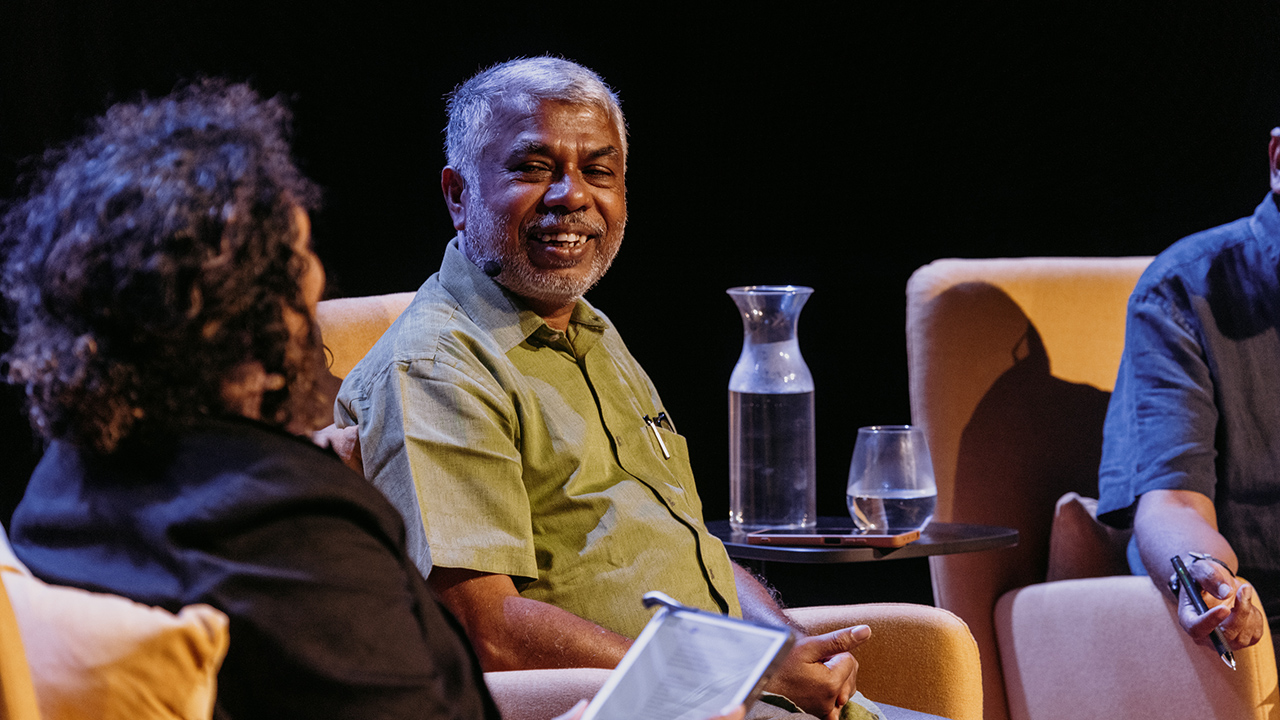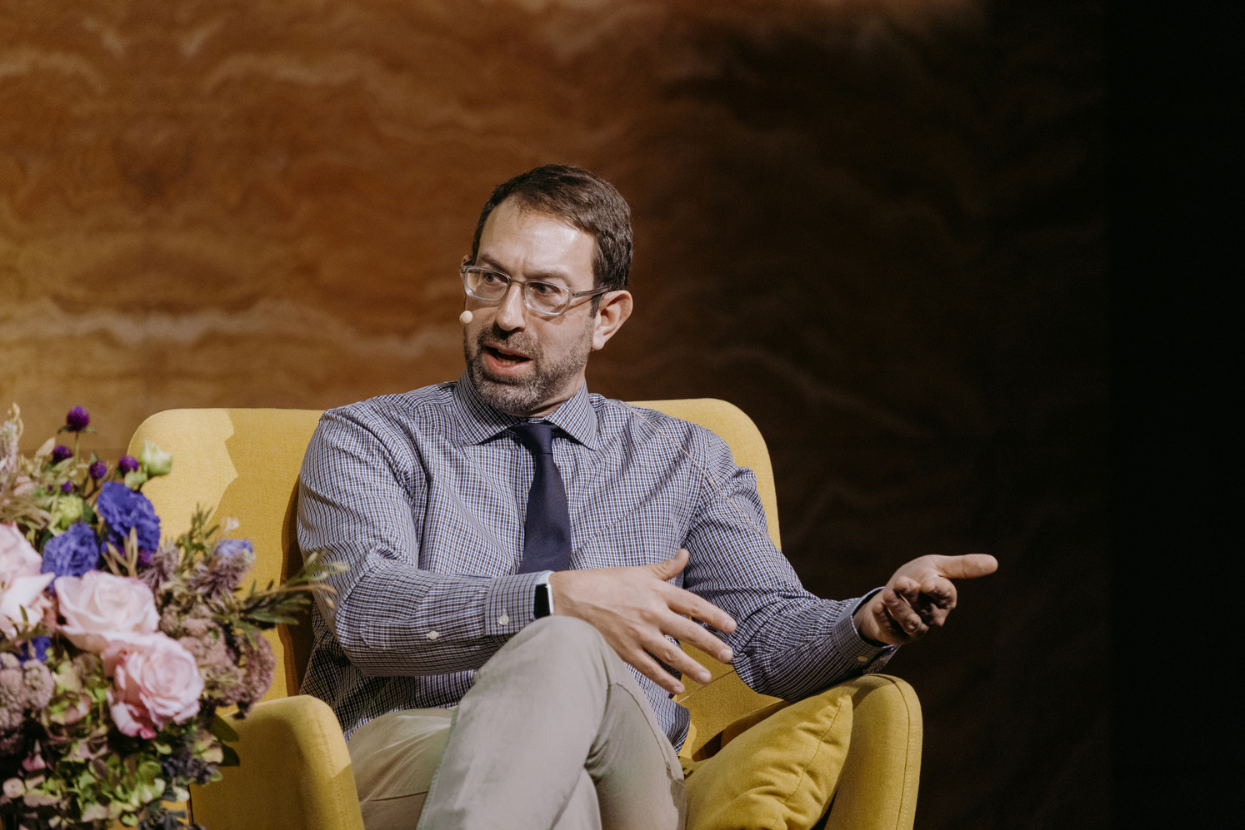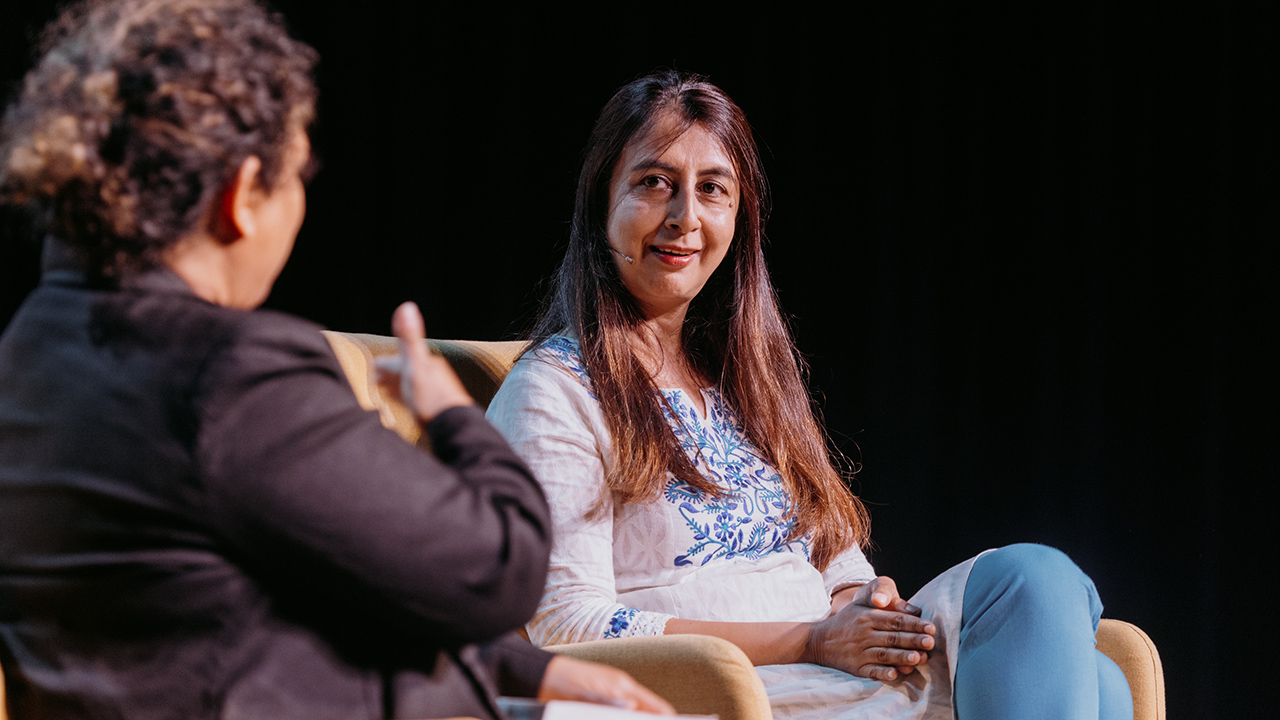The story of Earth

You cannot understand mineralogy without understanding life and I don't think you can understand life without understanding the geology in which it forms.
How have the planet’s minerals evolved?
If we want to understand the origins of life on earth, and how early life developed, we need to understand the earth itself and what it was made of. When US mineralogist Robert Hazen was asked if he knew what minerals existed on early Earth, he started a research journey that led to a new idea – mineral evolution – a theory that proposes that the mineralogy of terrestrial planets and moons evolves because of the varied physical, chemical, and biological processes that lead to the formation of new minerals.
Hear Robert Hazen in discussion with UNSW Sydney geologist and astrobiologist Martin Van Kranendonk as they discussed the story of Earth, mineral evolution, where carbon fits into all of this, and the rich challenges of doing science and being able to study nature.
The Centre for Ideas’ international conversation series brings the world to Sydney. Each digital event brings a leading UNSW thinker together with their international peer or hero to explore inspiration, new ideas and discoveries.
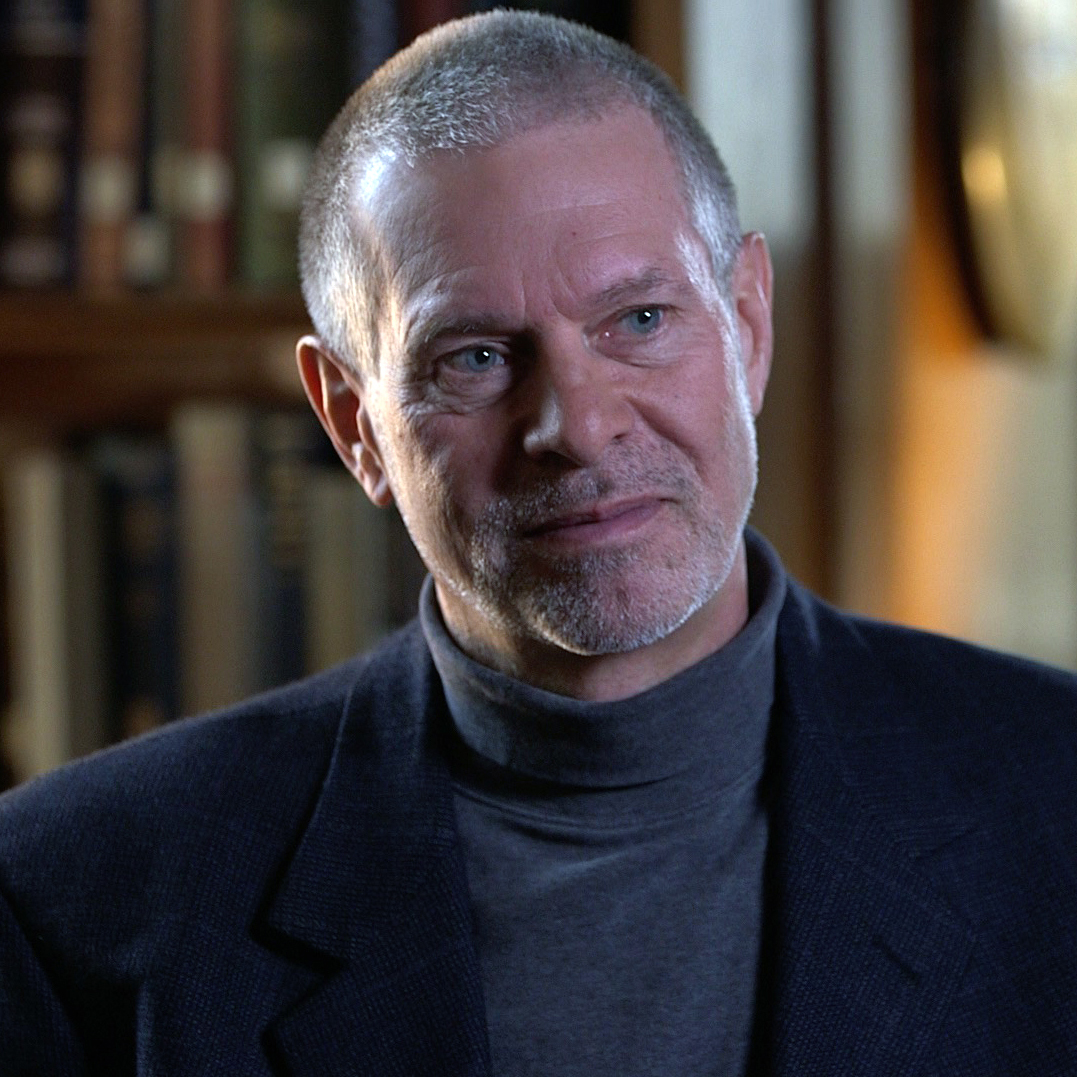
Robert Hazen
Robert Hazen is Senior Staff Scientist at the Carnegie Institution of Washington’s Earth and Planets Laboratory, and the Clarence Robinson Professor of Earth Sciences at George Mason University. From 2008 to 2019 he was Executive Director of the Deep Carbon Observatory, a project set up understand the chemical and biological roles of carbon in Earth. His popular books include Genesis: The Scientific Quest for Life’s Origin and The Story of Earth. Hazen’s recent research focuses on possible roles of minerals in the origin of life, and the coevolution of the geosphere and biosphere.
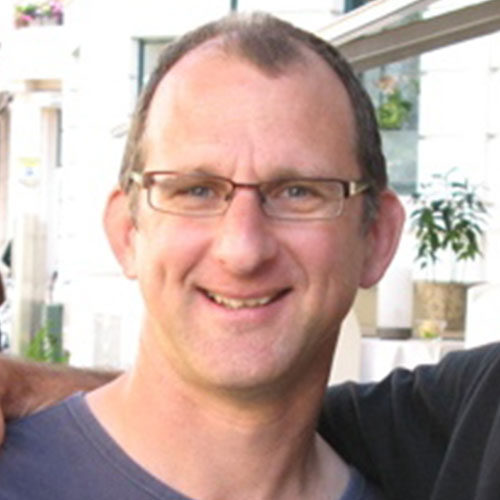
Martin Van Kranendonk
Martin Van Kranendonk is a Professor of Geology and Astrobiology at UNSW Sydney, and is the Director of the Australian Centre for Astrobiology and the Big Questions Institute. Born and trained in Canada, Martin moved to Australia in 1992 to follow his passion for ancient geology, and joined UNSW in 2012. His team investigates the earliest signs of life on Earth, and the environments it inhabited more than three billion years ago. This research is used by NASA and the European Space Agency in the search for life on Mars, and for understanding the origin of life on Earth. Martin has appeared on numerous television documentaries and films around the world and is passionate about engaging people of all ages with the big questions of science.


